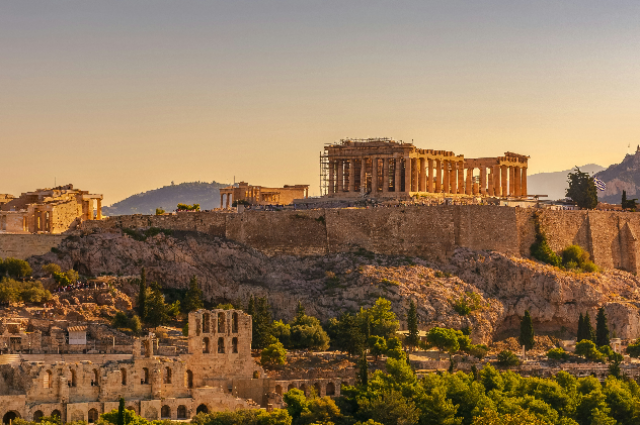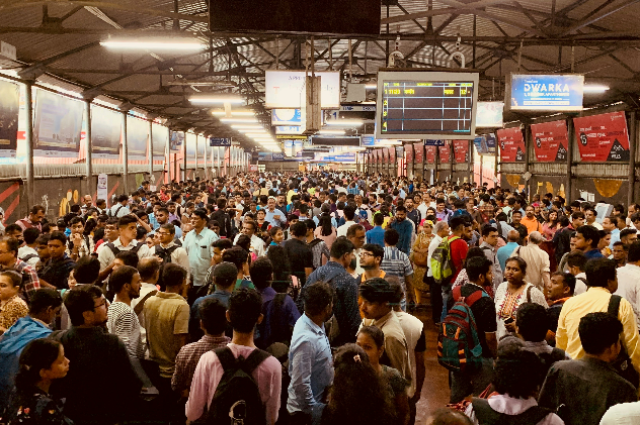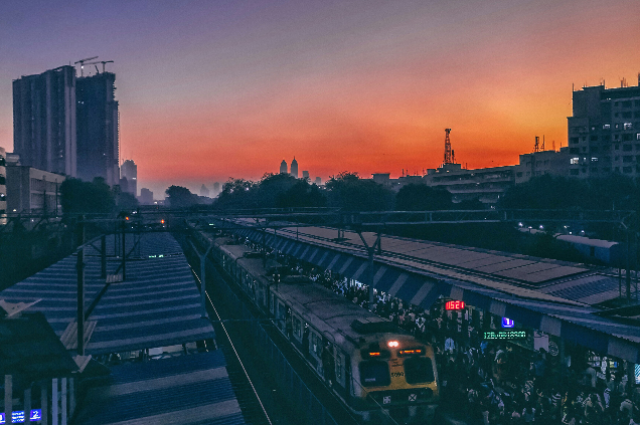
Photo by Constantinos Kollias on Unsplash
Introduction
The evolution of civilization has long fascinated scholars, philosophers, and thinkers. It marks the transformation of humanity from primitive survival instincts to complex social systems. The quote “Civilization is the process of setting man free from men” by Ralph Waldo Emerson provides a profound insight into the essence of civilization. At its core, this statement suggests that the true purpose of civilization is not merely building cities or systems but liberating individuals from oppression, coercion, and dependence on others for their freedom and dignity.
This article explores the multiple dimensions of civilization through historical, philosophical, and sociological lenses, highlighting how human progress is tied to personal freedom, societal reform, and the pursuit of justice.
Understanding the Essence of Civilization
To understand the quote fully, we must define civilization not just as technological advancement or economic development but as a social process aimed at human empowerment. Civilization, in its truest sense, seeks to create a world where individuals can flourish without the undue dominance of others. This is the foundation of modern societies, built upon freedom, justice, individual rights, and equality.
When Emerson speaks of setting "man free from men," he refers to dismantling oppressive hierarchies, abusive power structures, and social constraints that restrict individual potential.
Historical Perspective: From Oppression to Liberation
Throughout history, the journey of civilization has been a battle between freedom and control. Early human societies were governed by tribal leaders, monarchs, and religious figures who often wield absolute authority. While order was maintained, individual autonomy was often sacrificed for the sake of the collective or the ruling elite.
In ancient Egypt and Mesopotamia, civilization brought architectural and scientific advancement but also entrenched class systems and slavery.
In the Greco-Roman world, democratic ideals emerged, yet slaves and women remained subjugated.
The Middle Ages saw feudal systems and theocratic rule, where freedom was restricted by both lords and religious institutions.
However, as societies evolved, there emerged a growing consciousness about human rights and personal liberty. The Renaissance, Enlightenment, and various revolutions (like the American and French Revolutions) signaled a turning point where liberation from tyrannical rule became a cornerstone of civilization.
Civilization and Individual Freedom
The progression of civilization should ideally reduce dependence on others for basic rights and dignity. As legal systems, democratic governance, education, and economic opportunity expand, people gain the ability to make autonomous choices.
- Education as a Tool of Liberation
One of the primary markers of civilization is access to education. An educated individual is less likely to be manipulated, exploited, or controlled. Civilization, through education, teaches critical thinking, empathy, and self-determination — empowering individuals to break free from intellectual and cultural subjugation. - Law and Justice Systems
The rule of law is a pillar of civilized society. In uncivilized or underdeveloped societies, justice is often arbitrary and influenced by power dynamics. A just legal system protects individuals from exploitation, discrimination, and violence, ensuring that all citizens, regardless of background, are treated equally. Through legal reform, civilization reduces man's dependency on the mercy of other men.

Civilization vs. Social Control
Ironically, as civilization progresses, it can sometimes produce new forms of control — through bureaucracy, surveillance, and ideological conformity. Hence, the evolution of civilization must be accompanied by ethical scrutiny to ensure that freedom is not replaced with subtle forms of domination.
Technology and Freedom
Technological progress is often seen as a hallmark of civilization. However, while technology can empower individuals, it can also lead to new dependencies and forms of surveillance. For example, digital communication gives a voice to the voiceless, but social media platforms and governments can also control narratives and invade privacy. A truly civilized society must strike a balance between technological innovation and digital freedom.
The Role of Culture and Tolerance
A civilization that fosters cultural diversity and tolerance contributes to individual freedom. Societies that allow free expression of religion, thought, language, and identity are more likely to be genuinely civilized. Tolerance ensures that individuals are not forced to conform or live in fear of persecution.
For example:
- In a civilized society, a woman should be free to choose her profession, partner, and beliefs without male dominance.
- Minorities should be free to preserve their culture without facing systemic marginalization.
Thus, civilization involves dismantling patriarchal, racist, and xenophobic structures that bind people under the control of others.
Economic Independence and Freedom
Economic systems are another critical factor. A civilized economy allows individuals to earn and live with dignity. Economic inequality, exploitation, and poverty reduce freedom by making individuals dependent on others for survival. Civilization must, therefore, work toward creating inclusive and sustainable economic models where resources and opportunities are accessible to all.
Freedom in Modern Democracies
Modern democracies aim to fulfill the goal of setting "man free from men" by promoting civil liberties, free speech, universal suffrage, and accountability. However, even in democracies, the struggle for true freedom continues in the face of systemic injustice, corruption, and inequality.
Civilization must be an ongoing process — constantly reforming itself to respond to new challenges and reaffirm its commitment to human freedom.

Photo by Yash Bhardwaj on Unsplash
Civilization and Moral Responsibility
Being civilized also means possessing a moral compass — choosing compassion over cruelty, and justice over vengeance. Civilized individuals and institutions refrain from using power to dominate others. Instead, they work to uplift, educate, and empower those around them.
This transformation is not automatic but requires conscious effort, cultural reform, and ethical leadership.
Conclusion
In essence, civilization is not a destination but a process — a journey toward liberating every individual from the domination, exploitation, and control imposed by others. It is about creating systems where people are free to think, live, speak, and pursue happiness on their terms.
Emerson’s quote, “Civilization is the process of setting man free from men,” is a timeless reminder that the measure of progress is not in wealth, buildings, or military power but in the degree of freedom and dignity that every individual enjoys. As humanity advances, we must remain vigilant to ensure that civilization continues to fulfill its true purpose the liberation of the human spirit.
